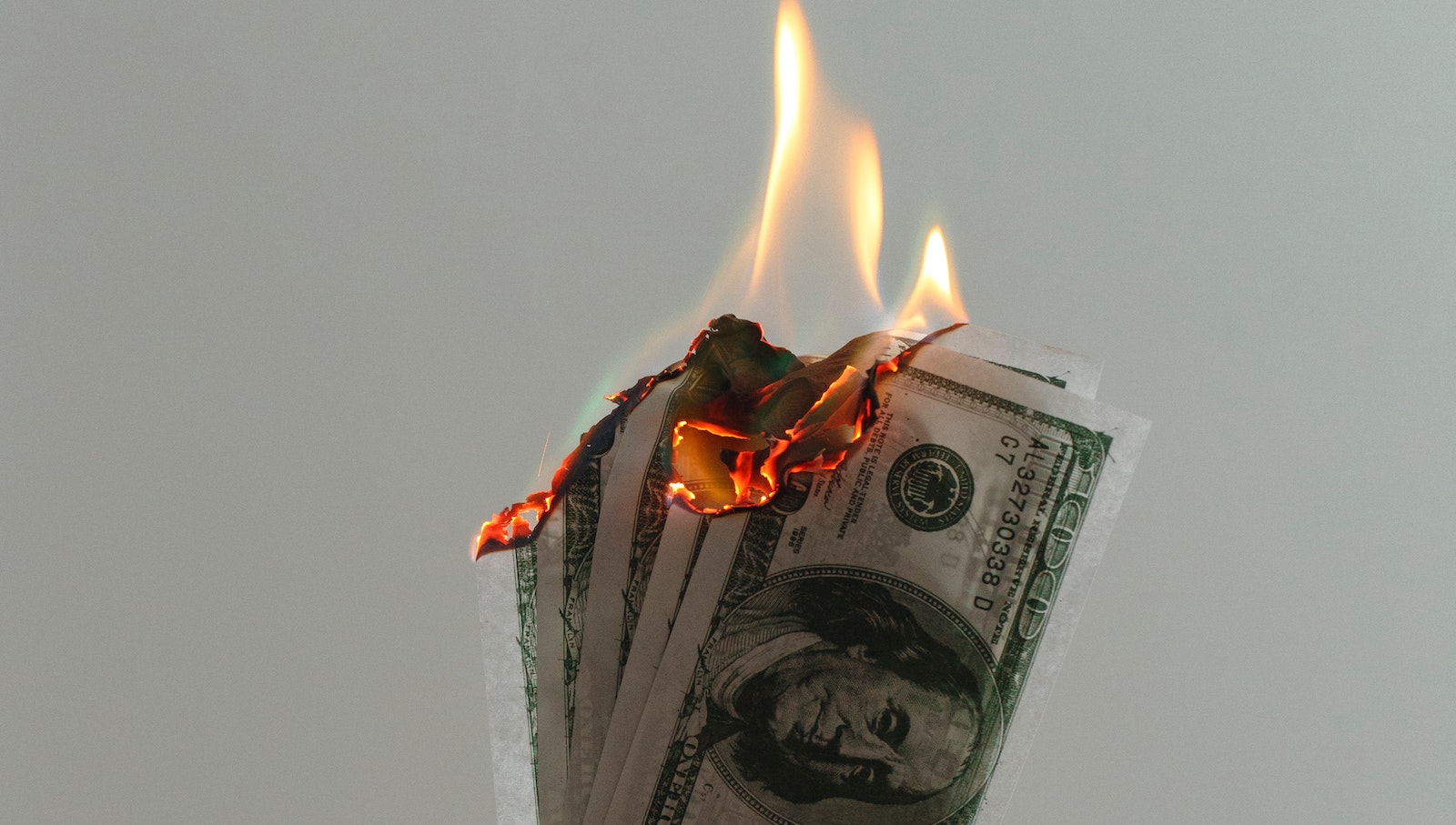
Refunding Event Tickets During COVID-19
Will you receive a refund or a new ticket if the event is rescheduled?
Here are the steps you can take to receive a ticket refund for cancelled and postponed events.


” );
jQuery( “.shareBox”, this ).jsSocials({
shares: [“twitter”, “facebook”],
// URL to share
url: urlCurrent,
// text to share
text: shareText,
showLabel: false
});
});
});




Topics
Find Out More


Is Alexa always listening? How to protect your data from Amazon

Safe At Home in 2024?
